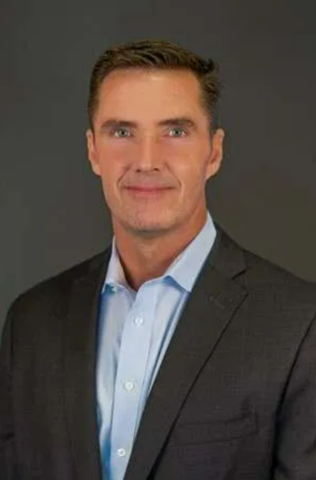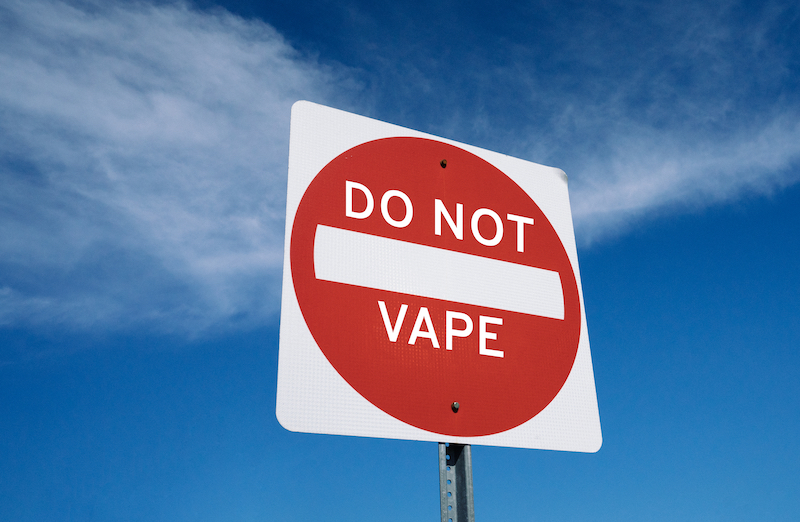In Utah, a new program provides owners who are undergoing addiction treatment with shelter for their companion animals. Plus, Mexico bans e-cigarettes, and more industry news
By Mark Mravic
New & Next: Industry
Sheltering Pets for People in Treatment
Addiction treatment can bring a host of challenges and disruptions. People entering recovery often face issues of child and dependent care, job or school separation, financial concerns and more. Less obvious but equally worrisome: What about my pet? A new partnership in Utah aims to ease worries for those in treatment about caring for their animal companions.

In May, Odyssey House, Utah’s largest addiction program, began a collaboration with Ruff Haven Crisis Center, a Salt Lake City nonprofit that provides temporary pet shelter and fostering for people experiencing crisis or hardship—folks who might otherwise have to surrender or rehome their animals. Ruff Haven opened its doors in September 2020 for people contending with medical issues, dealing with domestic violence, experiencing homelessness and facing other disruptions. Now it’s offering the service to Odyssey House recovery clients. What’s more, while Ruff Haven typically cares for pets for up to 90 days, it will extend that period for those in addiction treatment, who often need more time.
“Having the knowledge that their pets are safe while they’re working for themselves provides that additional feeling of support for them to focus on recovery,” Ruff Haven executive director Kristina Pulsipher told CNN. The program, like other Ruff Haven services, is no-cost for addiction patients. It initially plans to accommodate about a dozen clients.
New & Next: International
Mexico Gets Serious About e-Cigarettes
While the U.S. continues to dither over what to do about vaping, its neighbor to the south is taking bold measures. On May 31—World No Tobacco Day—Mexican president Andres Manuel Lopez Obrador signed a decree instituting a total ban on the sale, marketing and circulation of e-cigarettes in the country. In announcing the move, Lopez Obrador called tobacco industry claims that e-cigarettes are safer than smoking a lie and was particularly critical of how the industry has attempted to appeal to young people through flavors and colors. Mexico’s federal health risks commission had earlier issued a maximum health alert declaring that alternative tobacco products can cause major illness. The import and export of vaping devices had been banned since October. Now all sales will be illegal in Mexico.
The country is also expanding its crackdown on traditional tobacco, with the government expected to pass a new decree banning tobacco advertising and sponsorship, including product placement in movies and TV, and expanding smoking bans to beaches, parks and stadiums. The nation’s capital, Mexico City, also announced that smoking of any kind would be prohibited in its famed main square, the Zócalo, and the surrounding historic district.
New & Next: People
CleanSlate Brings in CEO

CleanSlate Centers, a national provider of outpatient medication-assisted treatment (MAT) for opioid and alcohol use, announced the appointment of Chris Bove as chief executive officer. Bove previously had been chief operating officer at D4C Dental Brands, a network of pediatric and orthodontic providers, and before that was COO of the specialty medical and mental health care provider Correct Care Solutions (now Wellpath).
Bove will lead CleanSlate, which operates more than 80 centers in 10 states, as it addresses the growing need for outpatient and virtual services for those with behavioral health and substance use disorders. “The number of people suffering from addiction and mental and behavioral health challenges has skyrocketed through the pandemic,” Bove said. “CleanSlate is well-positioned to bring resources and leadership to communities and families who need our support. I am excited to be part of the CleanSlate team.”
New & Next: Webinar
Trauma-Informed Relapse Prevention
On June 29 from 3 to 5 p.m. ET, NAADAC is offering a live, interactive webinar on the trauma-informed model of care for relapse prevention. Rather than focusing solely on behaviors and situational triggers, the approach incorporates the “amygdala response” and trauma-oriented triggers that lead to relapse even when things are going well for a patient. The webinar will provide participants with new methods for helping their clients develop effective, long-term coping strategies for stability in recovery. Go here for more information and to register.
Top photo: Victor Grabarczyk














